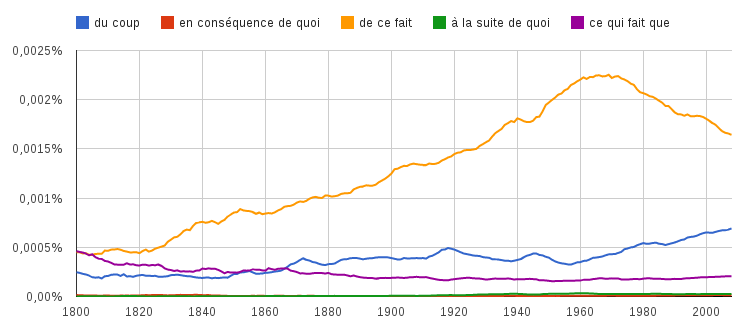Basicaly, it's a casual variety of “so”, oriented towards consequence :
Something happens
— So, does it change anything ?
As cl-rcl-r mentions, there are various ways to express the same thing in French :

And I'd mention in Québec, “faque”, a shortened form of “ce qui fait que” is very common in oral speech.
Faque je ne dis plus jamais « du coup », moi, maintenant.
